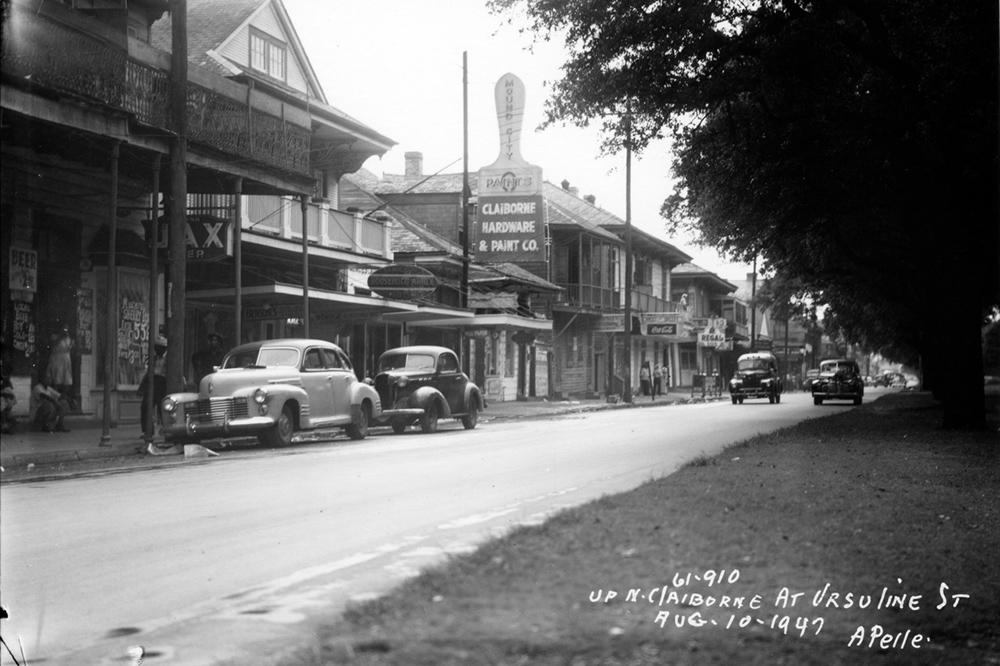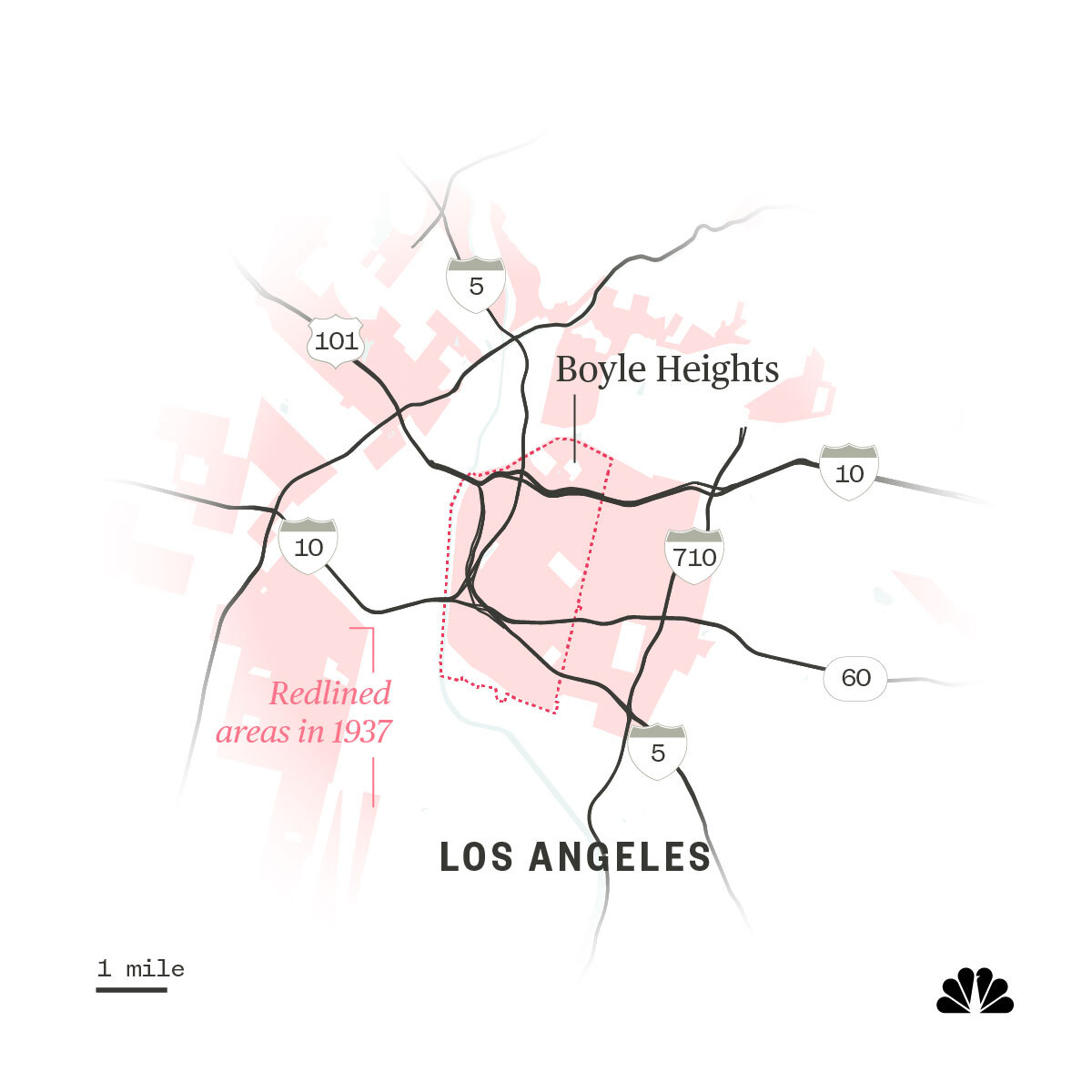
SPECIAL REPORT: Constructed inequality: The lasting repercussions of America's highway system.
nbcnews.com/highways
(1/10) #NBCNewsThreads
nbcnews.com/highways
(1/10) #NBCNewsThreads

During the largest public works program ever attempted in the US, the American interstate highway program demolished homes and bisected communities, driven by the promise of prosperity and jobs.
From 1957-1977, it displaced over 475,000 households and 1,000,000 people.
(2/10)



From 1957-1977, it displaced over 475,000 households and 1,000,000 people.
(2/10)




In Syracuse, Interstate 81 and a 1.4-mile stretch of raised highway plowed through a community that was home to many Black residents, wiping the 15th Ward off the city’s maps.
(3/10)
(3/10)

The noisy highway raining down smog depressed property values on the streets below.
State health data shows that asthma-related hospitalizations are twice as high in Syracuse as the county as a whole.
(4/10)
State health data shows that asthma-related hospitalizations are twice as high in Syracuse as the county as a whole.
(4/10)

In New Orleans, an expressway cut through the historically Black neighborhoods of Tremé and the 7th Ward in 1968.
Hundreds of residences and dozens of businesses along the vibrant economic corridor were destroyed.
(5/10)
Hundreds of residences and dozens of businesses along the vibrant economic corridor were destroyed.
(5/10)

Since the expressway’s construction, levels of poverty, violence and negative health outcomes have increased in the New Orleans neighborhood.
(6/10)
(6/10)

In Los Angeles, the Boyle Heights neighborhood was home to Jews, Japanese Americans, Latinos, Black Americans, Russians and others.
Decades of highway construction cleaved the community, demolishing homes, evicting homeowners and renters, and increasing pollution.
(7/10)
Decades of highway construction cleaved the community, demolishing homes, evicting homeowners and renters, and increasing pollution.
(7/10)

Before the pandemic, about 2 million vehicles a day, including diesel trucks, traveled on the interchange, spewing exhaust and sickening residents in Boyle Heights and unincorporated East Los Angeles, according to a calculation of 2017 California transportation data.
(8/10)
(8/10)

Now, the federal gov't and many states/cities are recognizing the harm the highways have caused, and are working to design alternatives.
But in many cases, those plans are reopening old wounds and leading to debates politicians and engineers are struggling to solve.
(9/10)
But in many cases, those plans are reopening old wounds and leading to debates politicians and engineers are struggling to solve.
(9/10)

The future of what lies ahead in each community varies and, for many, remains uncertain.
But what’s clear is that many residents in each of these neighborhoods are working to ensure the same harm doesn't come to their communities.
nbcnews.com/highways
(10/10)
But what’s clear is that many residents in each of these neighborhoods are working to ensure the same harm doesn't come to their communities.
nbcnews.com/highways
(10/10)

• • •
Missing some Tweet in this thread? You can try to
force a refresh





